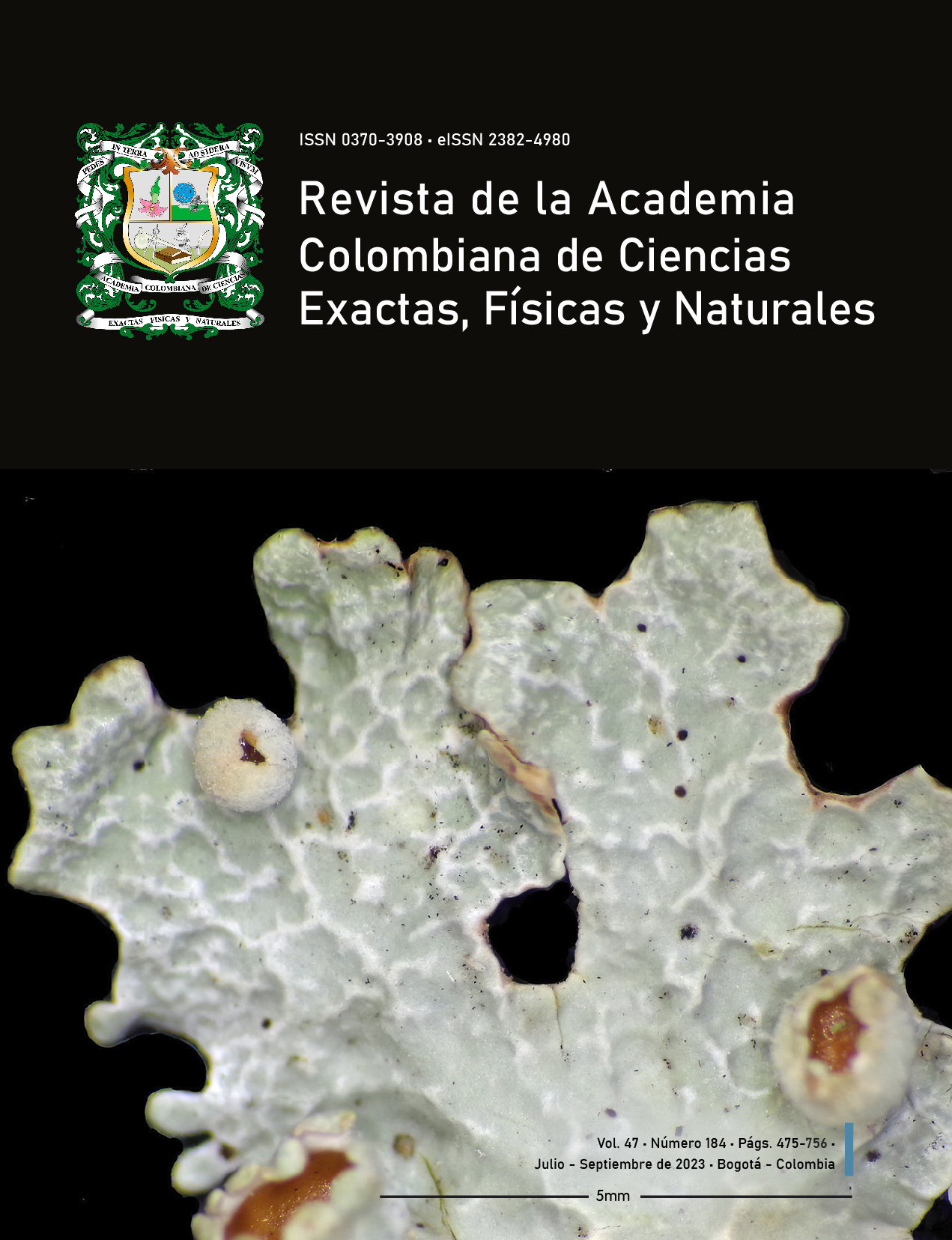Abstract
Rosalind Franklin is an example of the treatment to which women are subjected when they try to participate and contribute to science. Rosalind did it at the beginning of the 20th century when science was already becoming institutionalized. At the time, Marie Curie had already received two Nobel prizes, but the scientific environment was significantly marked by patriarchy and defined by male superiority. Rosalind may not have been aware of her situation, as many of the women scientists before her. If we were to give well-deserved recognition to one of the women who has contributed the most to science, the DNA model should be called the Watson-Crick-Franklin model.
Thanks to the numerous feminist movements acting since the middle of the 20th century, the demands and progressive policies have gradually modified our social culture changing the treatment of women scientists and the perception of their role in science. In spite of this, the number of young women with a scientific vocation in the 21st century is still very low. Here I present some considerations on the need to establish science and technology policies with a gender approach aimed at guaranteeing greater participation of women in conditions of differential equality, which would lead to assessing their work in correspondence with their contributions.
References
Burakoff, M. (2023). Rosalind Franklin´s role in DNA discovery gets a new twist. https://apnews. com/article/dna-double-helix-rosalind-franklin-watson-crick-69ec8164c720e0b23374da69a1d3708d
Comisión Económica para América Latina y El Caribe - CEPAL. (2010). ¿Qué Estado para qué Igualdad? Presentación. https://repositorio.cepal.org/bitstream/handle/11362/16656/1/S1000327_es.pdf)
Cámara Colombiana de Comercio Electrónico. (2022). Brecha digital de género: el acceso de las mujeres a las carreras de Ciencia, Tecnología, Ingeniería y Matemáticas (STEM) en Colombia 2001-2020. https://www.ccce.org.co/noticias/brecha-digital-de-genero-el-acceso-de-las-mujeres-a-las-carreras-de-ciencia-tecnologia-ingenieria-y-matematicas-stem-en-colombia-2001-2020
Departamento Nacional de Planeación, DNP. (2021).CONPES 4069, CONpes aprobó política de ciencia, tecnología e innovación(CTI). https://www.dnp.gov.co/Prensa_/Noticias/Paginas/conpes-aprobo-politica-de-ciencia-tecnologia-e-innovacion-cti.aspx
Departamento Nacional de Planeación. (2022). CONPES 4080. https://colaboracion.dnp.gov.co/CDT/Conpes/Econ%C3%B3micos/4080.pdf
Escuela de Literatura Científica Creativa. (s.f.). ADN-El secreto de la Foto 51(VOSE) [Archivo de video]. Youtube. https://www.youtube.com/watch?v=8rAfOsS2uDQ&t=358s
Markel, H. (2022). El Secreto de la Vida. La esfera de los libros.
Ministerio de Ciencia, Tecnología e Innovación. (2021). CONPES 4069: Nueva política de Ciencia, Tecnología e Innovación (2022-2031). https://minciencias.gov.co/sites/default/files/upload/paginas/conpes_4069.pdf
Stasiak, A. (2001). Rosalind Franklin. EMBO Reports, 2(3), 181. https://doi.org/10.1093/embo-reports/kve037.
Tolosa, A. (2022). Rosalind Franklin. El blog de Genotipia. https://genotipia.com/rosalind-franklin#:~:text=Rosalind%20Franklin%20fue%20la%20primera,que%20estaba%20presente%20James%20Watson

This work is licensed under a Creative Commons Attribution-NonCommercial-NoDerivatives 4.0 International License.
Copyright (c) 2023 Revista de la Academia Colombiana de Ciencias Exactas, Físicas y Naturales

